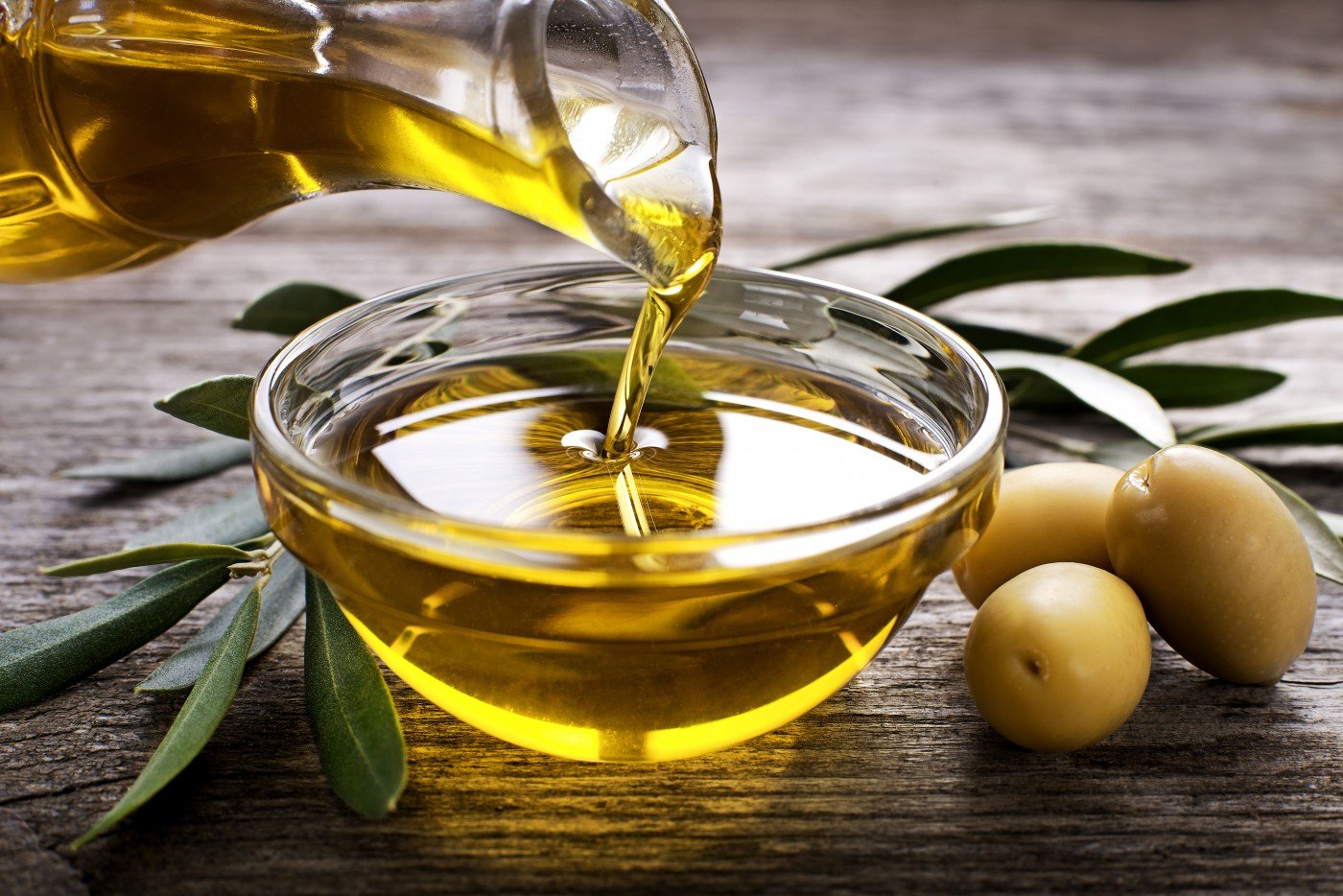Extra-Virgin Olive Oil Helps Preserve Memory and Protect Against Alzheimer’s Disease, Study Finds
Written by |

The Mediterranean diet is widely associated with an array of health benefits including lower incidence of dementia and Alzheimer’s disease (AD). Researchers at Temple University’s Lewis Katz School of Medicine (LKSOM), in Philadelphia, have found that one major component of the Mediterranean diet in particular — extra-virgin olive oil — protects against cognitive decline.
The Mediterranean diet, as described by The Mayo Clinic, consists primarily of fruits and vegetables, whole grains, legumes, and nuts. In the diet, butter is replaced with healthy fats such as olive oil, and flavoring is done with herbs and spices instead of salt. Red meat consumption should be limited to a few times a month while fish and poultry is consumed at least twice a week. Drinking red wine in moderation also is beneficial.
According to researchers, consumption of extra-virgin olive oil protects memory and learning ability and reduces the formation of amyloid-beta plaque and neurofibrillary tangles in the brain, both classic Alzheimer’s hallmarks.
The study, “Extra-virgin olive oil ameliorates cognition and neuropathology of the 3xTg mice: role of autophagy,” was published in the Annals of Clinical and Translational Neurology.
Epidemiological and clinical studies have consistently associated the Mediterranean diet with reduced risk of developing mild cognitive impairment and AD, and of progressing from mild cognitive impairment to full-blown AD. But the mechanisms involved in this link have yet to be fully defined.
In this study, the research team used a well-established Alzheimer’s mouse model to investigate the effect of daily extra-virgin olive oil consumption in mice with the AD-like phenotype. The animal model used — triple transgenic mice (3xTg) — is known to develop three key characteristics of AD dysfunction: memory impairment, amyloid plagues, and neurofibrillary tangles.
The mice were divided into two groups: One group was fed a regular mouse chow diet without olive oil, and the other was fed a chow diet enriched with extra-virgin olive oil. The olive oil was introduced into the test group’s diet when they were 6 months old, prior to Alzheimer’s symptoms emerging.
Compared with controls, mice that received the extra-virgin olive oil diet showed some remission of behavioral deficits and a significant increase in steady state levels of synaptophysin, a marker of synaptic integrity. Synapses are the junctions between neurons through which nerve impulses pass.
While researchers saw no difference in overall appearance between the two groups of mice at ages 9 and 12 months, the mice given a diet enriched with extra-virgin olive oil performed significantly better on tests designed to evaluate working memory, spatial memory, and learning abilities.
“Brain cells from mice fed diets enriched with extra-virgin olive oil had higher levels of autophagy,” Domenico Praticò, MD, senior investigator and professor of pharmacology and microbiology at LKSOM’s Center for Translational Medicine, said in a news release.
Autophagy is the process by which cells break down and clear out waste and toxins such as amyloid plaques and tau tangles. The increase in this process led to reduced levels of amyloid plaques and phosphorylated tau, researchers stated.
Brain tissue studies of the two groups of mice revealed dramatic differences in nerve cell appearance and function, and olive oil was found to reduce brain inflammation.
The extra-virgin olive oil mice also had a significant reduction in insoluble amyloid-beta levels and deposition, and lower amounts of the phosphorylated tau protein, which causes the neurofibrillary tangles suspected of contributing to nerve cell dysfunction in the brain that results in Alzheimer’s memory loss.
“This is an exciting finding for us,” Praticò said. “Thanks to the autophagy activation, memory and synaptic integrity were preserved, and the pathological effects in animals otherwise destined to develop Alzheimer’s disease were significantly reduced. This is a very important discovery, since we suspect that a reduction in autophagy marks the beginning of Alzheimer’s disease.”
Praticò and his team will now investigate the effects of introducing extra-virgin olive oil into the diet of transgenic mice at 12 months, by which time plaques and tangles have developed.
“Usually when a patient sees a doctor for suspected symptoms of dementia, the disease is already present,” Praticò said. “We want to know whether olive oil added at a later time point in the diet can stop or reverse the disease.”





